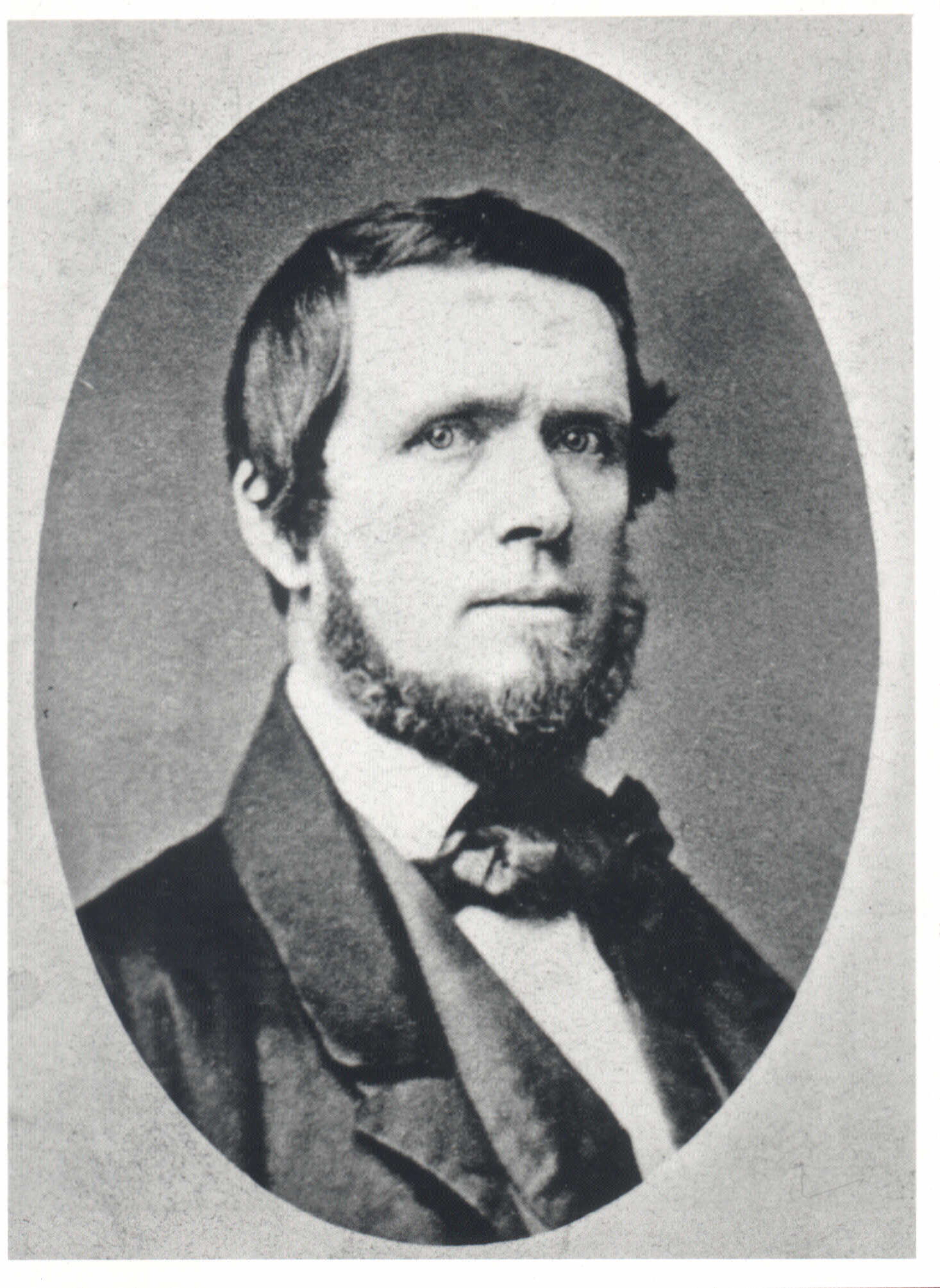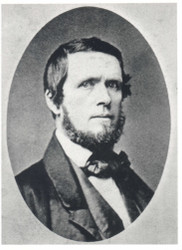Wilhelm Weitling: Tailor, Inventor, Writer, Radical
Posted by Pete on 5th Oct 2023
Born on this day in 1808, Wilhelm Weitling was a man of many talents, but radical activism was his calling
Karl Marx wasn’t the only revolutionary in nineteenth-century Germany.
There were many others in the early communist movement, and Marx collaborated and squabbled with them all in equal measure.
One of the most important was Wilhelm Weitling: a tailor, inventor, writer, and political activist.
A proletarian through and through, Weitling was the model of a worker radical.
Marx praised Weitling's writings for their theoretical and philosophical "brilliance"
Weitling was born in Magdeburg, then part of the Kingdom of Prussia, on this day in 1808.
His dad was a French officer in Napoleon’s army and was killed during the ill-fated invasion of Russia in 1812.
His mum was a Prussian housemaid, who struggled to raise her son in dire poverty.
Weitling scraped together an education from the limited state provision available in Prussia. Any spare time he had was spent reading at the local library.
He was apprenticed to a tailor at a young age, and became a journeyman when he turned 18. Weitling now travelled across the German states looking for work.
It was during this period that he became politically conscious.

He may not be a household name, but Weitling played a key role in the history of international socialism
In the cities of Central Europe – Leipzig, Dresden, Vienna – he saw the worsening exploitation and poverty of industrial workers, and he saw how they were organising to resist it.
Socialism came onto his radar, and the idea of redistributing wealth from the rich to the poor, to bring about social justice and freedom.
But it was only once he left Germany that Weitling joined the socialist movement in a big way.
In 1837, he moved to Paris, the revolutionary capital of Europe.
There, Weitling linked up with socialist circles instructed by the political thought of radicals like Etienne Cabet and Charles Fourier.
He joined the revolutionary ‘League of the Just’, an early communist organisation devoted to social revolution across Europe.
Its membership pledge was a radical one:
“We workers have had enough of working for idlers... We no longer wish to respect a law which keeps the most numerous and most useful human classes in degradation.”
Weitling was soon a leader of the League, which gives him a very special place in the history of communism…
It was through the League that Weitling came to the attention of Friedrich Engels and Karl Marx
See the Friedrich Engels tea towel
Because the League of the Just was not just any revolutionary group. It was the direct predecessor of the Communist League – the Party that commissioned Karl Marx and Friedrich Engels’ Communist Manifesto in 1847.
Marx and Engels were also members of the League and vocal admirers of Wilhelm Weitling.
Marx saw Weitling as a sign that social revolution was coming.
Weitling was a worker whose impoverished material conditions had turned him into a committed communist – proof that capitalism ‘produced its own gravediggers’.
Weitling was exiled from France in 1841 for participating in insurrectionary socialist politics.
From there, he moved to Switzerland, where he continued to agitate for a social revolution.
In 1842, he published the book
Guarantees of Harmony and Freedom, demanding an anti-capitalist overhaul of society.
Marx called the book the
“vehement and brilliant literary debut of the German workers.”
Weitling continued to write. Raised Catholic, he tried to argue that communism and Christianity were compatible.
Rather than a force of social conservatism, Weitling’s Christianity demanded social revolution. He was even thrown out of Switzerland for arguing that Jesus Christ was a communist.
In 1848, Weitling was active in the
democratic revolutions which swept across Europe.
He tried, unsuccessfully, to move the German revolution in a communist direction before being exiled to the United States after it was defeated by the forces of reaction.
Once in New York, Weitling continued for a while as a worker radical, publishing a journal called
The Workers’ Republic during the 1850s.
He became one of the “Forty-Eighters” – the 1848 revolutionary exiles who crossed the Atlantic and went on to play important roles in radical U.S. politics around class struggle and abolition during the later nineteenth century.
Beyond his role as a radical activist, Weitling also managed to find time to invent various attachments for commercial sewing machines, including devices for double-stitching and the creation of button holes!
He really did have several strings to his bow.
Weitling died in 1871, ending a global life of struggle and agitation.
He had gone from the slums of Magdeburg to revolutionary Paris and New York, never losing sight of his dream of workers’ liberation.



